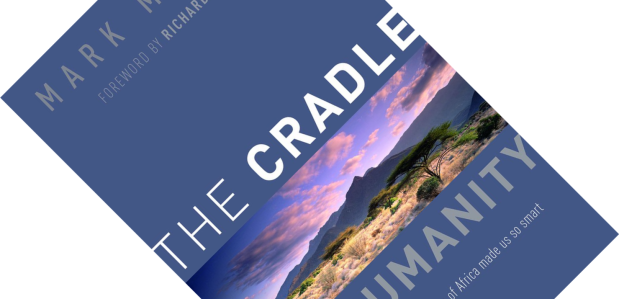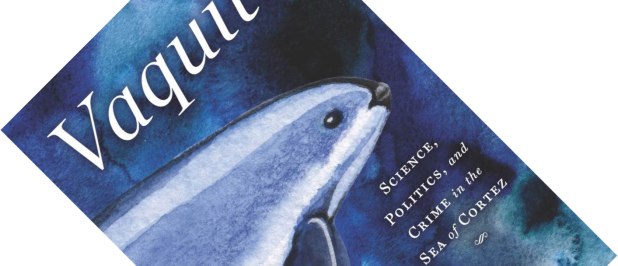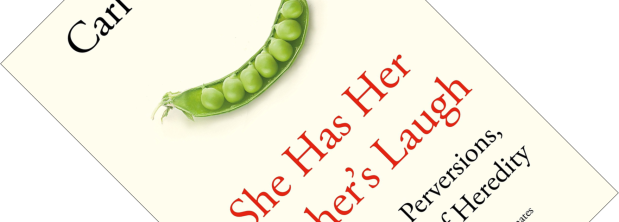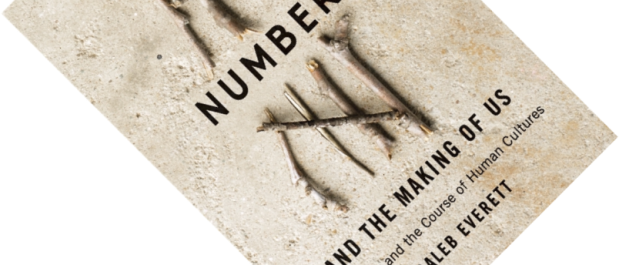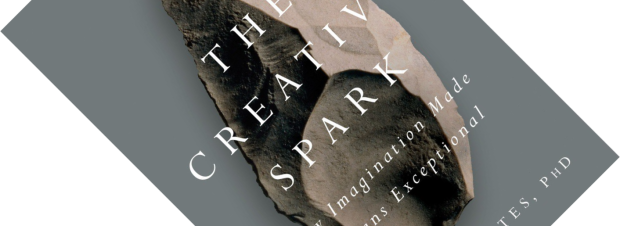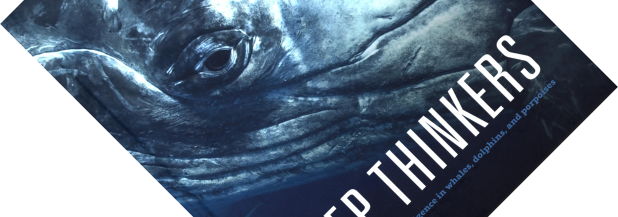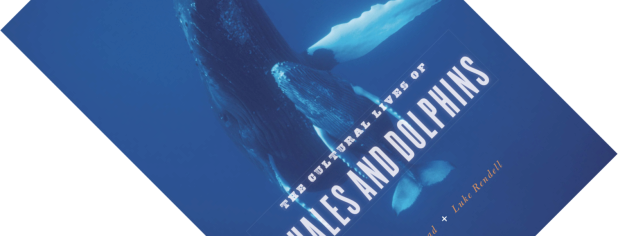The story of human evolution is constantly being refined with new findings and there is a glut of accessible books that cover this topic from various angles. Yet, with The Cradle of Humanity, geography professor Mark Maslin manages to provide an interesting and novel take on the subject, showing the reader how a happy combination of larger factors conspired to influence and steer our evolutionary trajectory. It could have ended up so differently…
culture
Book review – Vaquita: Science, Politics, and Crime in the Sea of Cortez
If I asked you to name the most endangered cetacean species, I doubt the vaquita would come to mind. You might mention the baiji, the dolphin living in China’s Yangtze river, but alas, no living members of this species have been seen for years, despite intense search efforts, and the species is presumed extinct. Unfortunately, the vaquita seems to be next in line. Biologist Brooke Bessesen here tells its sad story, revealing the complex world of species conservation.
Book review – She Has Her Mother’s Laugh: The Powers, Perversions, and Potential of Heredity
If Charles Darwin were to walk into my office today and ask me: “So, what did I miss?” I think I would sit the good man down with a copy of She Has Her Mother’s Laugh, telling him: “Here, this should get you up to speed”. Darwin struggled to explain how traits were being inherited from generation to generation. As New York Times columnist Carl Zimmer shows in this wide-ranging book, the story of heredity has turned out to be both diverse and wonderful, but has also been misappropriated to prop up some horrible ideologies.
Book review – Numbers and the Making of Us: Counting and the Course of Human Cultures
What makes us human? Various authors have dished out various reasons in recently published books. From culture to cooking to creativity (see Fuentes’s The Creative Spark I reviewed previously). Caleb Everett, a professor of linguistic anthropology, here makes the point that the invention of numbers, which could be considered another instance of human creativity at work, has been an instrumental tool in allowing humans to transform the world. Without them, quantities exist, but we have only a vague awareness of them.
Book review – The Creative Spark: How Imagination Made Humans Exceptional
With his new book, The Creative Spark, Agustín Fuentes, a primatologist and anthropologist currently at the University of Notre Dame in Indiana, boldly puts forth the idea that what makes humans special is creativity. The ability of humans to switch back and forth between considering what is, and dreaming of what might be, and to then put these thoughts into actions (often collaboratively), has brought us a very long way from our primate origins to the tool-wielding, world-shaping force of nature of today. Along the way, Fuentes wants to do away with some of the dominant narratives regarding human evolution today, or rather, he thinks most of them oversimplify things and lead to distortions in our thinking. Instead, he presents a new synthesis that places creativity front and centre stage as being the most important mechanism that helped us overcome challenges.
Book review – Deep Thinkers: An Exploration of Intelligence in Whales, Dolphins, and Porpoises
Cetacean intelligence remains a topic of intense interest, and has been the subject of several excellent books in recent years, such as Are Dolphins Really Smart? The Mammal Behind the Myth, The Cultural Lives of Whales and Dolphins, and Dolphin Communication and Cognition: Past, Present, and Future. Ivy Press typically produces entry-level pop-science books, which is by no means intended as a disparaging qualification. I have read several of above-mentioned books, and even for a biologist coming from a different discipline, these are technical works. Ivy Press’s Deep Thinkers stands out by being both accessibly written and richly illustrated, making it a perfect entry to this topic.
Book review – The Cultural Lives of Whales and Dolphins
Next to intelligence, another claim to fame that whales and dolphins can make is that of possessing culture. After the authors have clarified that they, too, wish to stay far from unsupported claims of higher intelligences and pseudoscientific attempts at cross-species communication, the book kicks off with definitions. Because, as with Justin Gregg’s book on dolphin intelligence, the proverbial devil is in the definition.

